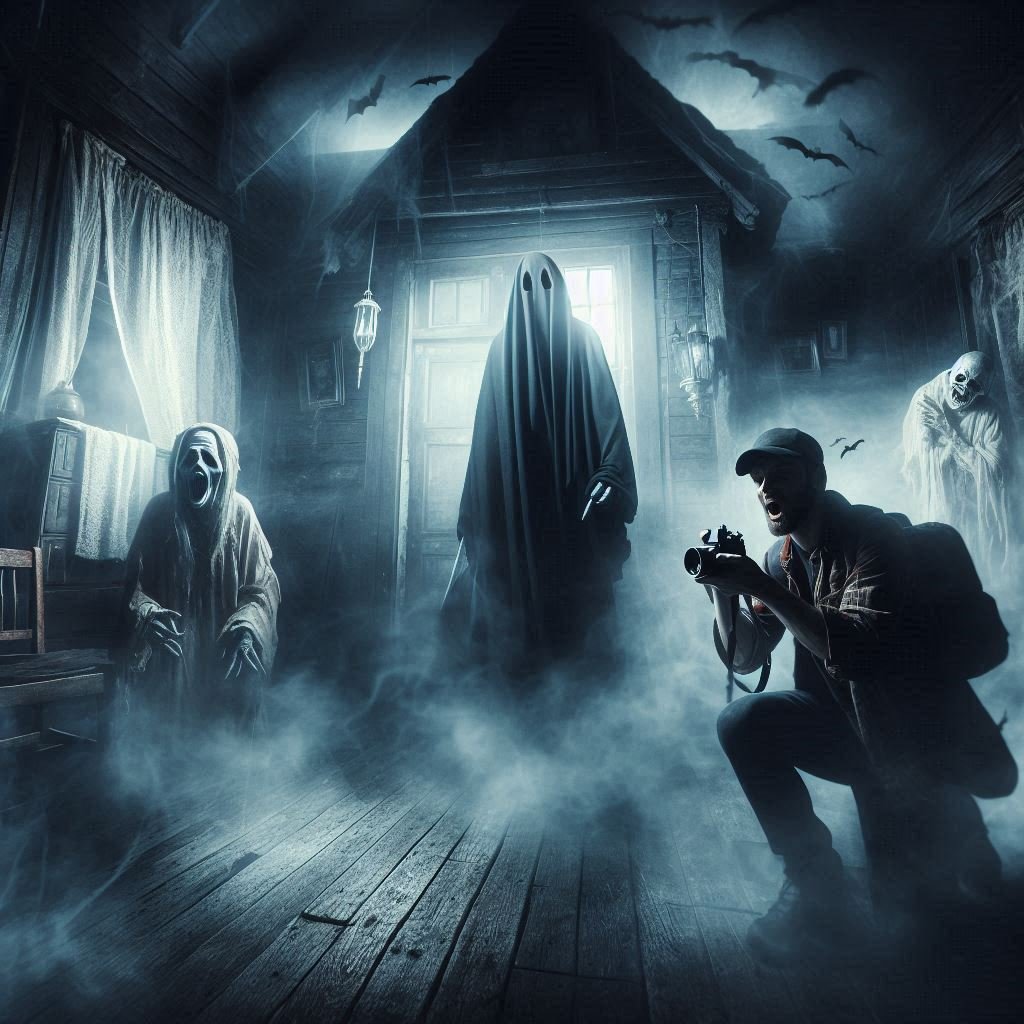
Ghost hunting has captivated the imaginations of thrill-seekers and skeptics alike. From abandoned asylums to eerie old mansions, ghost hunters venture into the unknown, searching for evidence of paranormal activity. But what does it really take to become a ghost hunter, and how do they navigate the shadowy realm between science and the supernatural?
What Do Ghost Hunters Do?
Ghost hunters, often referred to as paranormal investigators, aim to document and analyze unexplained phenomena. Their work involves investigating locations reputed to be haunted, interviewing witnesses, and using a range of tools and techniques to capture potential evidence. This could include unexplained sounds, temperature anomalies, or even visual apparitions.
Some ghost hunters operate independently, while others form teams or join organizations. While the profession is not bound by formal certifications, many enthusiasts approach it with a blend of scientific rigor and creative curiosity.
Tools of the Trade
Ghost hunters rely on an array of specialized equipment to assist their investigations:
- EMF Meters: Detect electromagnetic fields, which some believe are linked to paranormal activity.
- Digital Voice Recorders: Capture Electronic Voice Phenomena (EVPs) that may not be audible during the investigation.
- Infrared Cameras and Night Vision: Help document visuals in low-light environments.
- Thermal Imagers: Track heat signatures and detect temperature fluctuations.
- Spirit Boxes: Devices designed to sweep through radio frequencies for potential communication with spirits.
These tools, combined with intuition and observational skills, help ghost hunters collect data while exploring the unexplained.
The Traits of a Ghost Hunter
Being a ghost hunter requires more than just gear and an adventurous spirit. Here are some key qualities that aspiring ghost hunters should cultivate:
- Curiosity and Open-Mindedness: The willingness to explore uncharted territory and consider various explanations is essential.
- Patience and Perseverance: Paranormal investigations often involve long hours with little immediate payoff.
- Critical Thinking: Distinguishing between natural occurrences and genuine phenomena is crucial for credibility.
- Courage: Investigating the unknown can be eerie and unsettling, requiring a steady nerve.
- Teamwork and Communication: Many investigations are collaborative efforts, making interpersonal skills important.
How to Get Started
If you’re drawn to the world of ghost hunting, here are a few steps to help you begin:
- Do Your Research: Study paranormal theories, historical hauntings, and ghost-hunting techniques.
- Join a Group: Connecting with experienced investigators can provide valuable mentorship and opportunities to learn.
- Invest in Basic Equipment: Start with essential tools like a flashlight, digital recorder, and EMF meter.
- Practice in Safe Locations: Begin by investigating less intimidating sites to gain experience.
- Document Your Findings: Keeping detailed records helps build your skills and credibility.
The Ethics of Ghost Hunting
While ghost hunting can be thrilling, it’s important to approach it with respect—for both the living and the dead. Always seek permission before investigating private property, and remain mindful of local laws and cultural sensitivities. Additionally, managing expectations and avoiding sensationalism helps maintain the integrity of the field.
A Lifelong Journey
For ghost hunters, the journey is as much about seeking answers as it is about embracing the mysteries of the unknown. Whether you’re a skeptic or a believer, the world of ghost hunting offers a fascinating glimpse into the intersection of science, history, and the supernatural. With a blend of passion, curiosity, and respect, anyone can embark on this enigmatic adventure. Who knows? The next knock on the wall might just be a spirit saying hello—or simply the wind reminding you to keep exploring.

